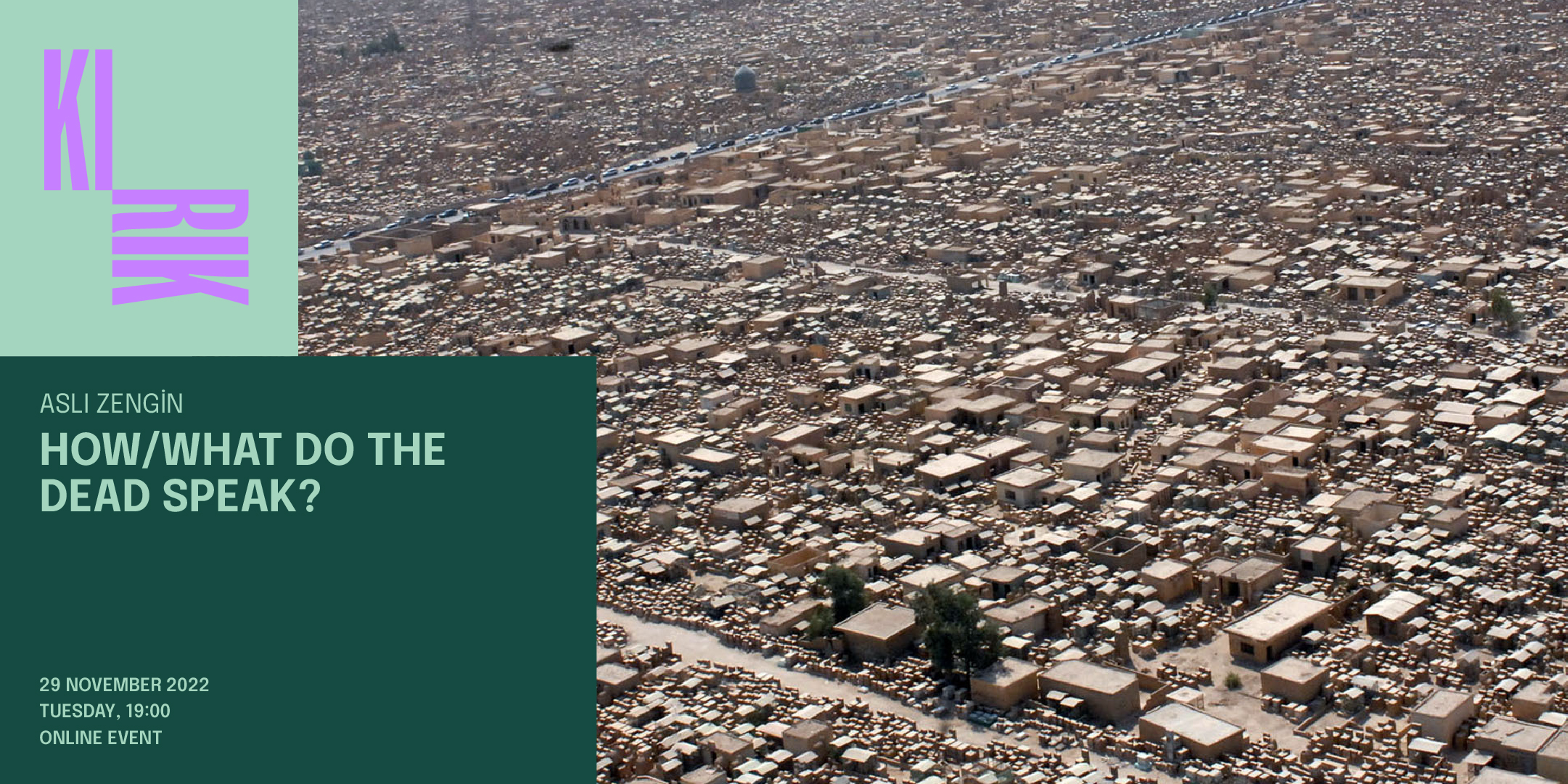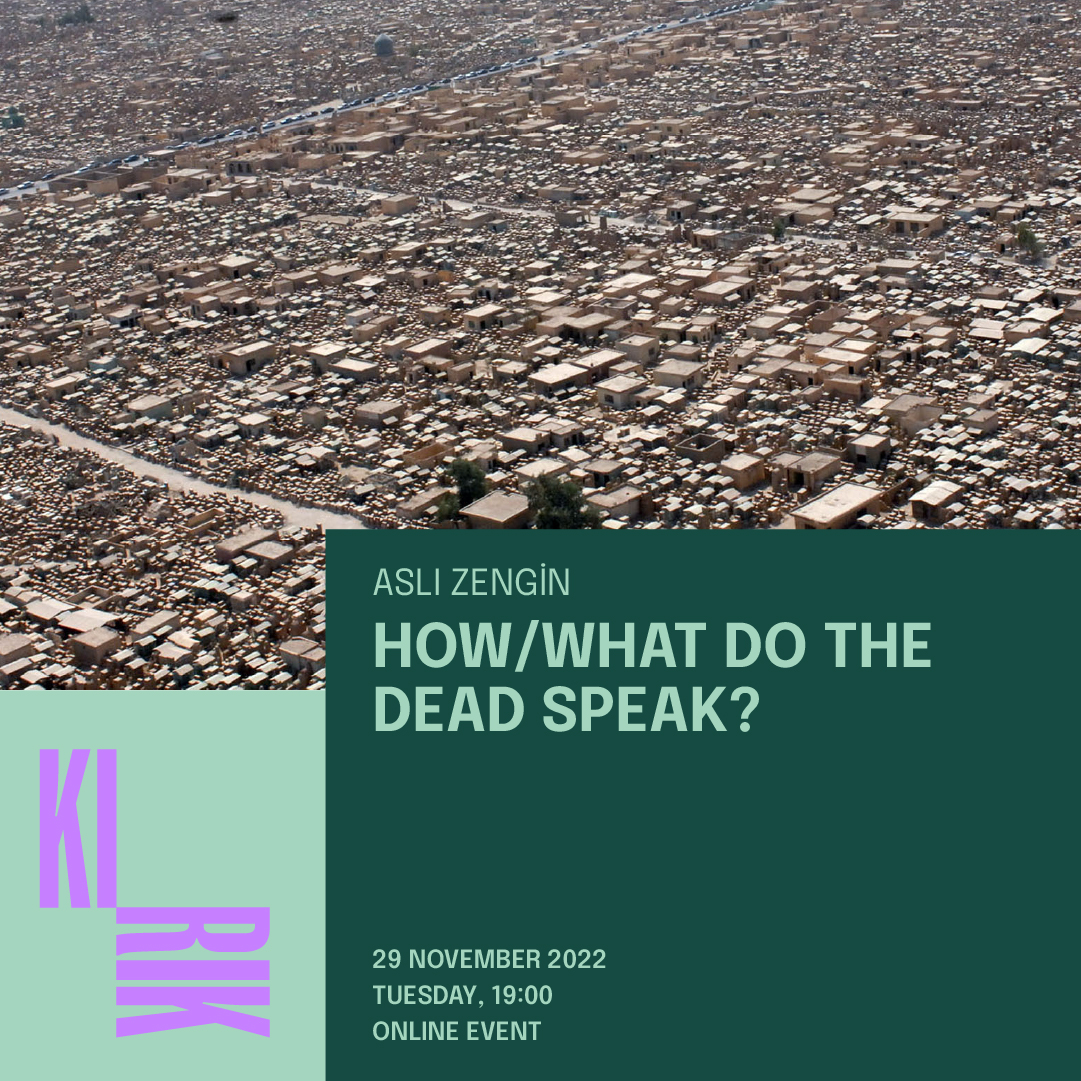

HOW/WHAT DO THE DEAD SPEAK?
ASLI ZENGİN
29 Kasım 2022 Salı, 19:00
- Online Event
Drawing on the associations between the dead and the living renders it possible to approach death not as something final and complete, but rather as a regenerative force for new forms of embodiment, relations, narratives and words. Funeral ceremonies, burial rituals, and mourning practices and discourses manifest cultural, social and political roles of death in constituting and organizing life. Death constitutes a field in and through which material and immaterial forms of social membership are produced and solidified. In that sense, a focus on death and the dead presents new perspectives on multiple social projects, cultural dynamics, political claims, social memory and power relations. Within this framework on social and political life of death, this talk explores the following questions: How do the dead speak with the living? How do ghosts, zombies and spirits carve out a space for themselves in social and political life? What does haunting actually tell the living? Aslı Zengin will weave her answers from Ahmed Saadawi’s novel, Frankenstein in Baghdad, and discuss what the dead tell us about justice and resistance in a world ridden with occupation, violence and war, in a world where the boundary between the dead and living is suspended, and disappearances and massacres loom around.
Aslı Zengin is Assistant Professor in the Department of Women’s, Gender and Sexuality Studies at Rutgers University-New Brunswick. Before joining Rutgers, she held postdoctoral and teaching positions at Brown, Harvard, and Brandeis Universities. Her first book, Intimacy of Power: Women Prostitutes, Sex Work and Violence in İstanbul [İktidarın Mahremiyeti: İstanbul’da Hayat Kadınları, Seks İşçiliği ve Şiddet], was published in Turkish. Her second book, Violent Intimacies: The Trans Everyday and the Making of an Urban World is forthcoming in 2023 from Duke University Press. Her research lies at the intersection of ethnography of gender non-conforming lives and deaths; medico-legal regimes of sex, gender and sexuality; critical studies of violence and sovereignty; as well as transnational feminist and LGBTQ movements in the Middle East with a special focus on Turkey.
This talk is part of a film program featuring films about crime, genocide and accountability.
KIRIK’s 2022 programs are supported by SAHA as part of the Sustainability Fund 2021-2022.